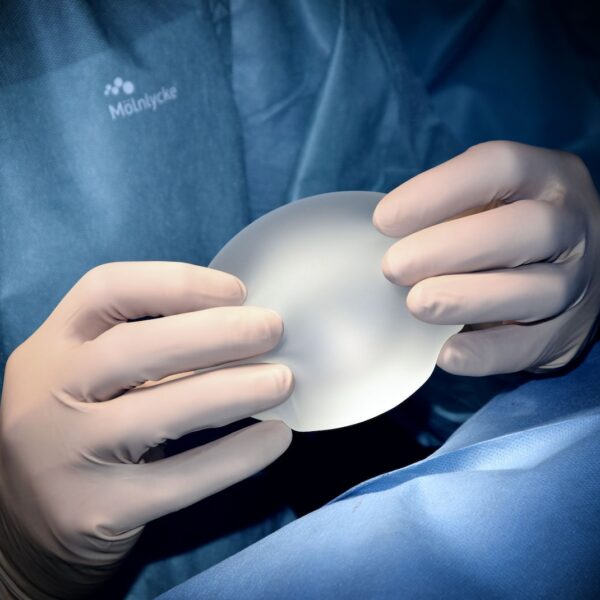For many women, painful intercourse (known as dyspareunia) isn’t caused by vaginal dryness. Rather, it can be due to many other issues including vulvodynia and endometriosis.
Cramps are a natural part of the menstrual cycle and can be relieved by using enough lubrication during sexual activity. Orgasms can also help to ease cramps because they contract and relax the uterus.
Vaginismus
Approximately 7-16% of women suffer from vaginismus, which occurs when the muscles of the vulva spasm involuntarily to prevent penetration. It can make it painful to have sex, or even to insert a tampon. Some people experience what is called “situational vaginismus” where the pain only triggers during certain situations, such as pelvic exams or tampon insertion. Others have what is called “lifelong” vaginismus, where they’ve always had the condition.
Vaginismus can be caused by any number of things, from trauma to a lack of lubrication. It may also be a result of an infection or irritation in the area, or from gynecological surgery, childbirth, or being circumcised. It can also be triggered by stress, anxiety, or being exposed to media that portrays sex as easy or casual (e.g., reality shows).
Treatment for vaginismus is a combination of physical and psychological therapy. Often this involves using training dilators to slowly increase the tolerance for penetration, and psychosexual counseling or pelvic physiotherapy is helpful as well. Medications can also be used to treat any underlying medical conditions that have triggered the symptoms.
Dryness
Having sex while on your period can ease menstrual cramps because orgasms cause the muscles of the uterus to contract, pushing out its lining. Sex can also distract your mind from the pain and release chemicals called endorphins, which help dull or even eliminate period cramps. In addition, women who suffer from migraines and headaches may find that sex and orgasms relieve them.
Vaginal dryness can be painful during sex because without enough lubrication, there’s friction between your vulva and the partner’s penis. However, a few things can help alleviate this, including having more foreplay, relaxing and using a water-based lubricant.
Many people experience a boost in their libido around ovulation (when an egg is released), which can occur about two weeks before their periods begin. In addition, some folks report that sex feels better during their periods because the blood from the uterus acts as a natural lubricant. However, the pain some feel is deeper than normal penetration and often occurs in certain sexual positions, such as deep thrusting. This is referred to as dyspareunia and usually requires medical treatment.
Vulvodynia
Vulvodynia is a chronic pain condition in which women experience burning, throbbing or stabbing sensations in the vulva. The discomfort is not related to sexual activity or gynecological exams and may occur during the menstrual cycle or at other times. Vulvodynia can affect the entire vulva or one specific area of the body such as the vestibule or clitoris. The pain can be constant or it can appear only when the sensitive area is touched (provoked).
During a physical exam, a doctor will use a cotton swab to put pressure on different areas of the vulva to locate and assess the intensity of pain. A patient can also describe her symptoms to help the doctor determine what causes the pain.
Medicines are available to alleviate vulvodynia symptoms. These include topical anaesthetic creams, hormone creams or nerve-relaxing injections. Patients can also benefit from applying an anaesthetic gel, such as lidocaine, to their vulva 20 minutes before sex to make the encounter more comfortable. If medication does not improve pain, acupuncture or biofeedback can help reduce the effects of vulvodynia.
Endometriosis
Endometriosis (en-doh -me -tree oh-sis) is a painful disorder that occurs when tissue similar to the lining of your uterus grows outside your womb. It most commonly affects your fallopian tubes, ovaries and tissue that lines your pelvis. The tissue grows, sheds and bleeds each month just like the lining of your uterus, but this blood has no way to exit your body.
This can cause scarring, adhesions and other issues that make sex and vaginal functions painful for people with endometriosis. It can also lead to infertility.
The primary symptoms of endometriosis include pain with intercourse, pelvic cramping and a painful menstrual period. You might also experience excessive bleeding or spotting between periods.
Your doctor can diagnose endometriosis by doing a pelvic exam or using imaging tests like an ultrasound, CT scan or MRI to see cysts or scarring behind your uterus. They can also use a procedure called laparoscopy to see inside your body and biopsy tissue for confirmation. In severe cases, you may need to have a hysterectomy. This can help alleviate the pain and allow you to have children in the future if that is important to you.
Pelvic Inflammatory Disease
Pelvic inflammatory disease (PID) happens when bacteria from the vagina get into your uterus, fallopian tubes or ovaries. It can cause serious health problems, including an ectopic pregnancy (a pregnancy that grows outside the womb) and infertility. It’s most often caused by sexually transmitted infections, like gonorrhea and chlamydia. But it can also happen when you have a non-STI infection.
PID pain is usually felt in your lower abdomen and pelvic area. It can feel tender, sore or dull and may get worse during sex. It can be accompanied by painful intercourse, heavy discharge with an unusual odor and abnormal vaginal bleeding between periods.
If you’re experiencing painful sex, talk to your doctor about it. They can give you a pelvic exam, and take fluid samples to check for PID or an infection. If they find one of those conditions, they can prescribe a specific antibiotic to treat it. They can also recommend safer ways to have sex, like using lubricant and spending more time on foreplay. They may also refer you to a pelvic floor physical therapist.




Leave a Comment